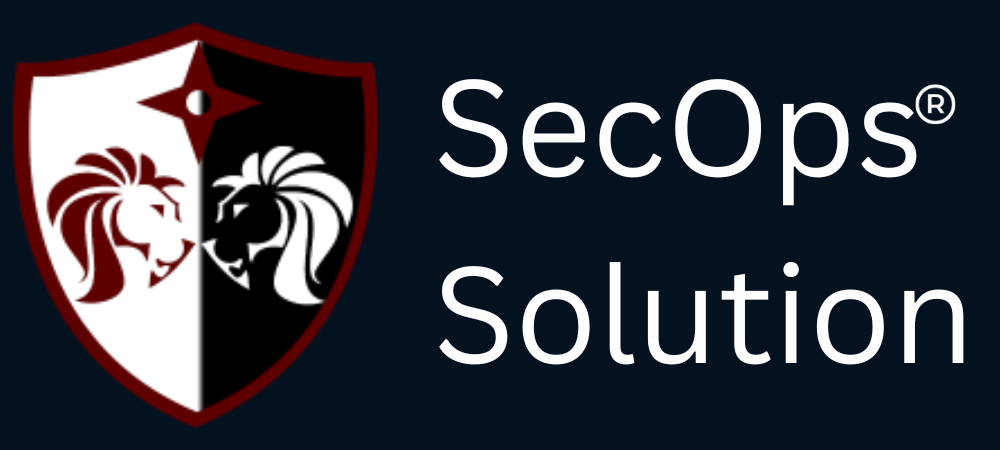
Agentless security for your infrastructure and applications - to build faster, more securely and in a fraction of the operational cost of other solutions

hello@secopsolution.com

Ensuring compliance with the General Data Protection Regulation (GDPR) is a critical task for organizations handling personal data of European Union (EU) residents. GDPR mandates stringent measures to protect user privacy and imposes heavy penalties for non-compliance. A comprehensive GDPR compliance audit requires robust tools that streamline the process, identify gaps, and ensure adherence to the regulation’s requirements.
Here, we explore the best tools for GDPR compliance audits, highlighting their features, benefits, and why they stand out.
SecOps Solution is a cutting-edge platform designed to simplify and enhance GDPR compliance audits. With its advanced features and user-friendly interface, it empowers organizations to identify risks, remediate vulnerabilities, and ensure data protection.
SecOps Solution stands out due to its focus on automation, real-time monitoring, and ease of use. It’s ideal for organizations of all sizes, offering scalable solutions to meet diverse GDPR compliance needs. With its proactive approach, businesses can stay ahead of regulatory requirements and avoid costly penalties.
OneTrust is a widely recognized tool for managing GDPR compliance. It offers a suite of features to help organizations streamline data privacy management.
TrustArc provides solutions tailored to GDPR compliance with tools that support privacy assessments and data protection initiatives.
IBM OpenPages leverages AI capabilities to help organizations address GDPR compliance requirements efficiently.
DataGrail simplifies GDPR compliance with tools designed to manage data privacy requests and monitor compliance.
Choosing the right tool for GDPR compliance audits is essential for ensuring data privacy and avoiding penalties. Among the top tools, SecOps Solution stands out for its advanced automation, ease of use, and robust reporting capabilities. Its ability to seamlessly integrate with existing IT infrastructure and perform agentless operations makes it an invaluable asset for organizations aiming for efficient GDPR compliance.
While other tools like OneTrust, TrustArc, IBM OpenPages, and DataGrail offer their own unique features, SecOps Solution’s focus on scalability, risk management, and real-time compliance monitoring solidifies its position as a top choice for GDPR compliance audits.
Investing in the right GDPR compliance tool not only ensures adherence to regulations but also builds trust with customers by demonstrating a commitment to data privacy.
SecOps Solution is a Full-stack Patch and Vulnerability Management Platform that helps organizations identify, prioritize, and remediate security vulnerabilities and misconfigurations in seconds.
To learn more, get in touch.